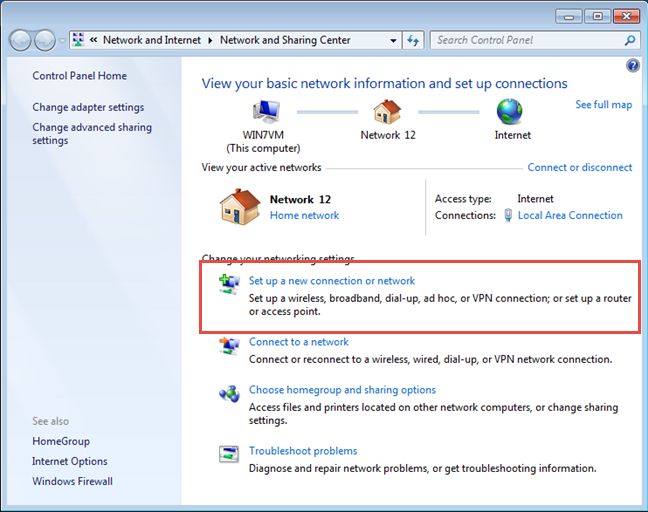

Our CNET team specifically tackled a number of core factors in our testing, including reliability, security strength, ease of remote access, browsing and streaming speeds, and value for the money. In order to determine the fastest and most secure VPN services for Windows 10 and Windows 11, we hands-on tested a variety of VPN services across both Windows and MacOS platforms. Almost every major VPN provider offers an app on both desktop and mobile environments for Microsoft. While MacOS users have to factor in several Apple-specific requirements, finding the best VPN for Windows - and getting the widest range of protocol options to work with your device - is a lot easier. We've spent a lot of time trying to make our Windows VPN app the best it can possibly be so our users don't have to struggle for online security.On the hunt for the best VPN for your Windows device? We have good news for you: Thanks to Windows' dominance as a desktop OS and its comparatively customizable operating environment, you've got a wide range of options. So if you want to switch VPN servers, you need to make another connection profile for that one.įinally, almost any commercial VPN that works on Windows already comes with a Windows client that is easier to use and more versatile. But you can only use one VPN protocol and VPN server per connection profile.

You have to create a "connection profile" in Windows, where you choose your server and protocol.

Secondly, you can't just set it up and go. You require a certain amount of technical knowledge to set up your VPN through Windows. In fact, you could argue it's one of the most unnecessarily complicated Windows features. That being said, you still shouldn't use it, and here's why.įirst, it's not particularly user friendly. It allows you to connect to a third-party VPN service through Windows. You might have noticed in your Windows settings that Windows 10 seems to have a "VPN." Unfortunately, it's not really a VPN, but rather a VPN client.


 0 kommentar(er)
0 kommentar(er)
